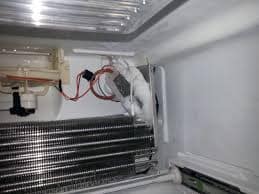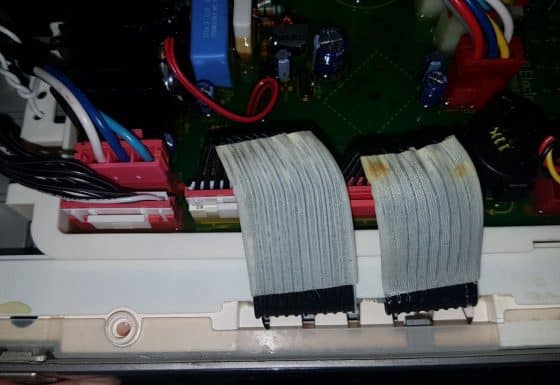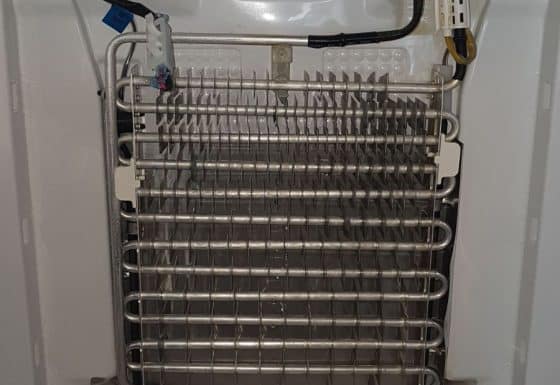


City Master, a distinguished brand in the realm of home appliances, has garnered a reputation for delivering reliable and innovative products to households worldwide. However, even the most well-crafted appliances can encounter challenges over time. One prevalent issue that users may face is insufficient cooling, a problem that can compromise the freshness of stored food and beverages. In this extended article, we will delve deeper into the potential causes and provide comprehensive solutions for insufficient cooling in City Master refrigerators.
Common Causes of Insufficient Cooling:
Temperature Settings: The thermostat settings on your City Master refrigerator play a crucial role in maintaining optimal cooling conditions. Check the settings periodically, as unintentional adjustments or changes can impact the appliance’s cooling performance.
Airflow Blockage: Over time, dust and debris can accumulate in the refrigerator’s vents and air channels, obstructing proper airflow. Regularly cleaning and clearing these passages is essential to facilitate unrestricted circulation of cold air inside the appliance.
Door Seals: The integrity of door seals is paramount for maintaining a consistent temperature inside the refrigerator. Damaged or worn-out seals can lead to air leaks, causing the appliance to work harder to reach and maintain the desired temperature. Regularly inspect and, if necessary, replace the gaskets to ensure a tight seal.
Condenser Coils: The condenser coils are responsible for dissipating heat from the refrigerator. Over time, these coils can become dirty or covered in dust, hindering their efficiency. Regularly cleaning the coils is vital to enhance the cooling efficiency of your City Master refrigerator.
Overloading: The temptation to fill the refrigerator to capacity may compromise its cooling capabilities. Overloading obstructs proper air circulation, making it harder for the appliance to maintain the desired temperature. Practice mindful loading, ensuring there’s ample space for air to flow around stored items.
Malfunctioning Thermostat: The thermostat regulates the refrigerator’s temperature, and a malfunctioning unit can result in inaccurate temperature readings. If you observe fluctuations in temperature, it may indicate the need for a thorough inspection or replacement of the thermostat.
Solutions:
Temperature Settings Adjustment: Double-check and adjust the temperature settings within the manufacturer’s recommended range. Setting the temperature too low or too high can impact the refrigerator’s performance.
Regular Maintenance Routine: Implement a consistent maintenance schedule to clean vents, air channels, and condenser coils. This proactive approach significantly enhances the cooling efficiency of your City Master refrigerator and prolongs its lifespan.
Door Seal Inspection and Replacement: Routinely inspect door seals for any signs of wear, tear, or damage. Promptly replace damaged seals to maintain an airtight closure, preventing air leaks that could compromise cooling efficiency.
Even Loading Practices: Practice even loading of the refrigerator by distributing items strategically. Avoid blocking vents and ensure there’s sufficient space between stored items to facilitate optimal airflow.
Professional Assistance: If despite your efforts, the insufficient cooling issue persists, it’s advisable to seek professional assistance from City Master’s authorized service center. Trained technicians possess the expertise to diagnose and address more complex problems that may be affecting the refrigerator’s cooling performance.
Conclusion:
City Master refrigerators, renowned for their reliability, may encounter challenges such as insufficient cooling over time. By taking proactive measures, implementing regular maintenance routines, and following the suggested solutions, you can ensure that your City Master refrigerator continues to provide efficient and effective cooling for your household needs. Remember that a well-maintained refrigerator not only preserves the freshness of your food but also contributes to the longevity of the appliance.

